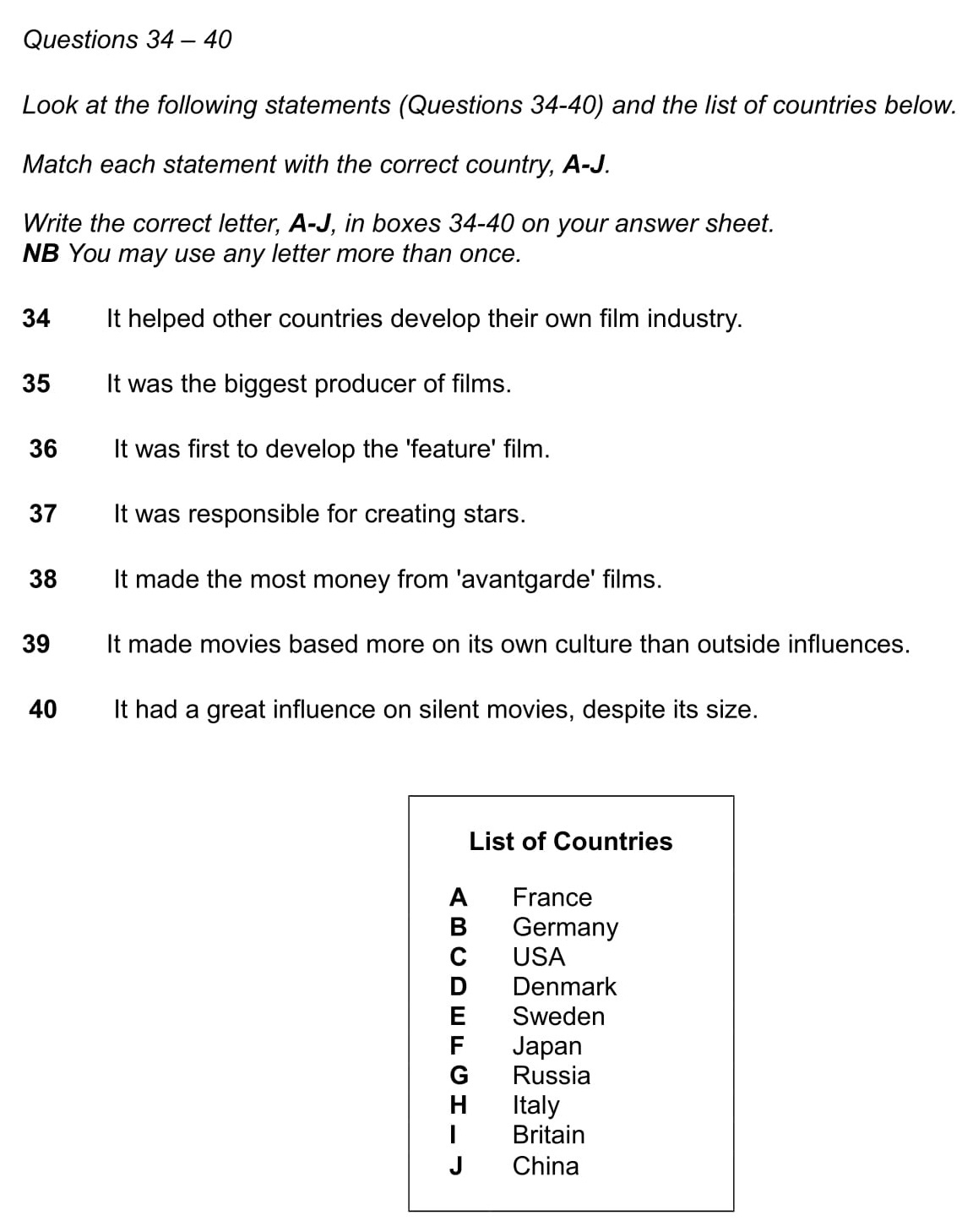Are you preparing for the IELTS exam and looking for some examples to practice? IELTS, which stands for International English Language Testing System, is a widely recognized test for English language proficiency. It is commonly required for admission to universities, immigration purposes, and job applications. Knowing the format and types of questions on the test can help you better prepare and improve your score.
There are four sections in the IELTS test: Listening, Reading, Writing, and Speaking. Each section assesses different language skills and abilities. To give you a better idea of what to expect, here are some examples of the types of questions you may encounter on the test:
IELTS Tests Examples
Listening: In the Listening section, you will hear recordings of conversations and monologues. You will be asked to answer questions based on what you hear. For example, you may be asked to fill in the blanks, match information, or identify the speaker’s opinions.
Reading: The Reading section consists of passages that vary in length and complexity. You will need to read the passages carefully and answer questions that test your comprehension, vocabulary, and understanding of the text. Examples of question types include multiple-choice, true/false/not given, and matching headings.
Writing: In the Writing section, you will be required to write two essays. The first essay is usually a description or explanation of a graph, table, or chart. The second essay is a response to an argument or problem. You will be evaluated on your ability to present and support your ideas coherently and accurately.
Speaking: The Speaking section is a face-to-face interview with an examiner. You will be asked to talk about familiar topics, express your opinions, and engage in a discussion. Examples of topics include hobbies, work, family, and current events. The examiner will assess your fluency, vocabulary, pronunciation, and grammatical accuracy.
By familiarizing yourself with these examples of IELTS test questions, you can practice and improve your skills in each section. Remember to also work on your time management, as the test is timed and requires you to complete each section within a specific timeframe. Good luck with your IELTS preparation!
